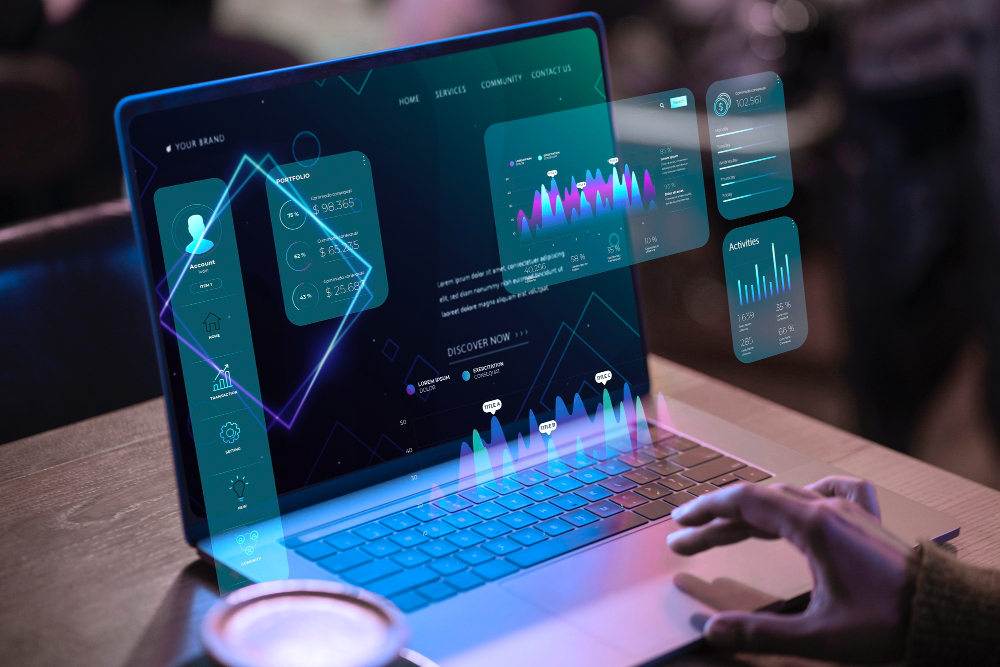The National Telecommunication Institute (NTI) and Misr University for Science and Technology (MUST) jointly hosted a conference titled Artificial Intelligence for Environmental Sustainability.
The event focused on using technology to tackle global environmental challenges.
The conference aimed to advance research and innovation in applying artificial intelligence (AI) to support sustainable development.
Experts and academics discussed how AI can enhance environmental protection through smarter data analysis, improved monitoring systems, and reduced carbon emissions. The sessions explored AI’s role in promoting sustainability and highlighted new applications designed to manage resources more efficiently.
Students from MUST’s Faculty of Information Technology presented projects that showcased practical AI solutions for building a greener future. Their work reflected the conference’s goal of encouraging collaboration and applied research to address urgent environmental issues.
Would you like to learn more about AI, tech and digital diplomacy? If so, ask our Diplo chatbot!










